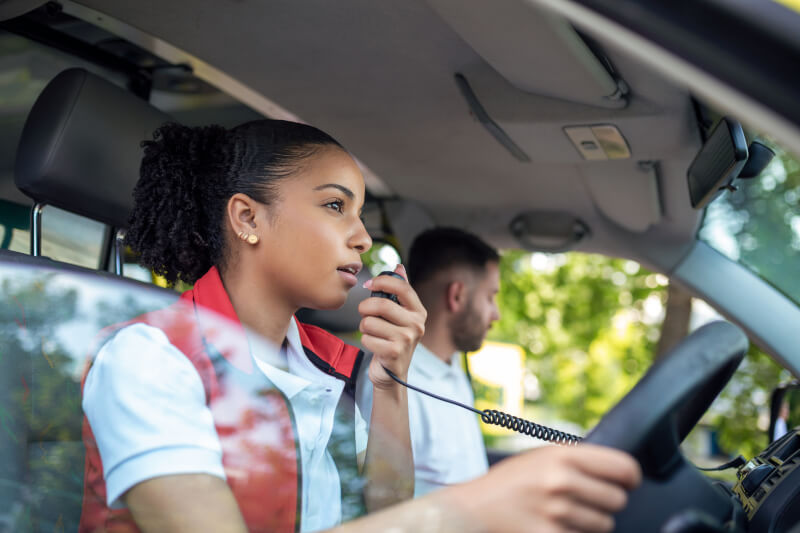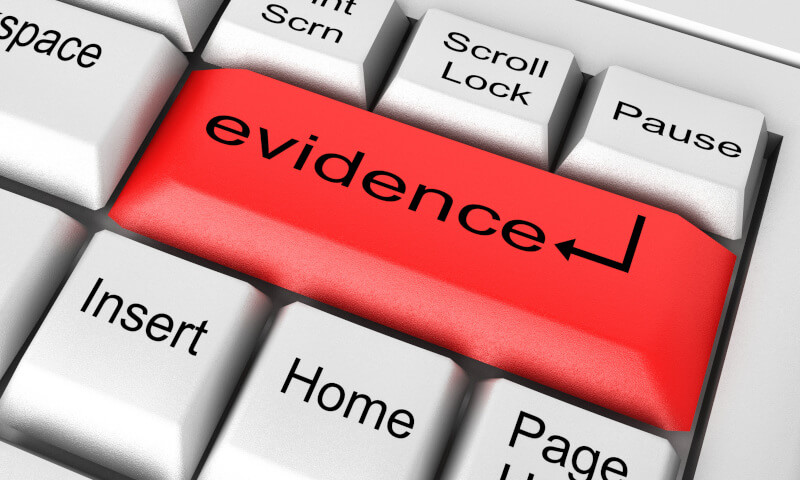An exciting and one-of-a-kind opportunity to witness the creative process and teamwork involved in filmmaking may be found on the set. The entertainment industry is full of exciting and challenging opportunities, which is why so many people want to work in it. However, there are risks involved in making a film, such as those posed by the use of potentially dangerous equipment and props. Knowing what to do in the event of an injury on a film set can save your life, preserve your rights, and help you receive a settlement if you’ve been hurt while working on a production.
Potential Injuries
Tripping and Falling
Numerous cables and wires connect the vital equipment on a film set, such as cameras, lights, and sound systems, increasing the risk of someone tripping and falling. Putting in cable coverings and keeping paths clear of debris can help reduce the danger. Still, mishaps can occur, and people can sustain anything from superficial cuts and scrapes to life-threatening skull fractures and brain damage.
Equipment Breakdown
On a film set, you’ll find everything from state-of-the-art cameras to harnesses used for stunts. Injuries can occur if this gear isn’t properly maintained or if it breaks down. An actor or stunt double could suffer serious injury or death due to technical difficulties during filming, such as a malfunctioning harness or an electrical fire. The risk of accidents can be reduced by inspecting and maintaining all equipment regularly.
Explosive Devices and Other Special Effects-Related Injuries
The use of pyrotechnics and other special effects in high-budget films is common. Although these effects make for exciting viewing, they also represent a threat to the safety of the cast and crew if not managed properly. To avoid accidents from explosions, flames, or other special effects-related dangers, it is crucial to strictly comply with health and safety laws.
Dangers of Dropped Equipment
Numerous props and pieces of equipment on a busy film shoot could cause harm if not attended to or secured. The fall of heavy objects, like lighting fixtures, set pieces, or even cameras, can cause catastrophic injury. Every member of the team has a responsibility to keep things locked up and out of harm’s way while they’re not in use.
Get Instant Medical Help

Seek Medical Attention No Matter How Severe the Injury
If you get hurt while working on a movie, get medical assistance right away, no matter how small your ailment seems. If minor injuries aren’t treated, they can develop into much worse problems later on. A medical professional’s assessment can also give important evidence for a possible compensation claim down the road.
Medical Equipment for Film Sets
Professional first aid kits are standard equipment on most film sets and studios, allowing crew members to treat minor injuries and stabilise more serious ones until paramedics arrive. Find out where these kits are kept and make sure you know how to use everything in them. You should be informed of the location of the set’s official first aid officer or medic and how to get in touch with them in the event of an emergency.
Responding to Medical Emergencies by Calling Emergency 24
In the event of a serious injury, it is imperative to seek immediate medical attention. In the face of potentially fatal injuries, every second counts, and how quickly help is rendered makes all the difference. Make sure you or someone close calls for help and gives emergency personnel precise details, such as the set’s location and the nature of the injury.
After Receiving Medical Care
Once you’ve gotten medical help, you must stick to the treatment plan your doctor has laid out for you. Taking prescribed drugs, keeping follow-up appointments, and participating in physical therapy are all examples. If you’re filing a compensation claim for an injury, showing that you followed the doctor’s orders to the letter will strengthen your case.
Collect as Much Proof as You Can

The Value of Reliable Proof in Financial Damages Claims
Solid and complete evidence is required for any compensation claim to be accepted. The more evidence you have, the better your chances of winning and getting compensated for the harm you’ve endured. The procedure of gathering evidence begins soon following the accident and continues through the court case.
Evidence Collected via Photographs and Film
First, document the scene by capturing photos and videos of the area, making note of any potential hazards or contributing tools. Take pictures of your wounds to keep track of their severity and development. Get your hands on any film set surveillance or camera video that might have captured what happened.
Statements from Witnesses
Get testimonies from those who observed what happened. You can utilise their statements to back up your story and learn more about what happened and how the injury occurred. Get in touch with them and save your records for any legal action.
Documentation and Reporting of Incidents
Don’t forget to file a report with the production company or whoever is in charge of the set. You can use this official paperwork as supporting evidence in your compensation case. Keep track of all emails, texts, and notes from talks with coworkers and superiors that pertain to the accident.
Medical Expenses and Files
Get duplicates of all of your injury-related medical paperwork, such as doctor’s notes, prescriptions, and hospital bills. You can use these records to show how much of an impact the accident has had on your life financially and how severe your injuries are.
Getting Assistance from Coworkers or Friends
If your injuries are too severe to allow you to collect proof, enlist the help of a reliable coworker or friend. Having their backing can be crucial to building a solid case.
Get Professional Help With Your Claim for Compensation

The Value of Hiring a Lawyer After Suffering an Injury
If you were hurt while working on a movie, hiring an attorney to represent you could increase your chances of receiving compensation. These solicitors know their way around the legal system and can help you present your case in the most compelling light possible. If you enlist their aid, you’ll be able to concentrate on getting better while they deal with the legal parts of your claim.
Evaluating the Strength of Your Argument
A qualified personal injury attorney can evaluate your situation and provide you with an honest estimate of your case’s chances of success. You can get advice from them on what to do and how to proceed to increase your chances of getting the money you’re owed.
Evidence Collecting and Sorting
A personal injury attorney can help you collect and organise the evidence you need to prove your case. They can help you collect evidence, such as witness statements and police reports, consult with experts to evaluate the data and construct a solid case on your behalf.
Insurance Company and Other Party Negotiations
When it comes to compensation claims, insurance firms frequently try to pay out as little as possible. An experienced personal injury attorney can represent your best interests during settlement negotiations with insurance providers and other responsible parties.
Advocating on Your Behalf in Court
Your personal injury attorney will be able to argue and present your case in court if it gets to trial. They can educate you on the legal system and prepare you to testify if necessary.
Offering Reassurance in a Tense Situation
The process of filing and pursuing compensation for an injury can be time-consuming and unpleasant. A personal injury attorney can provide you peace of mind since you know your case is in good hands.
That’s a Wrap
The financial, emotional, and physical costs of on-set injuries can be high. In the event of an accident, it is best to be prepared by learning about the most prevalent injuries, the significance of getting medical treatment, collecting evidence, and working with an experienced attorney.
If you work in the film industry, you know how important it is to put safety first and follow all the rules to prevent accidents. We can ensure that the magic of filmmaking continues to flourish by working together and taking the necessary safeguards to make the filmmaking process safer for everyone involved.

